Understanding
Addiction & Substance Abuse
What is Addiction and Substance Abuse?
Addiction and substance abuse is a chronic, relapsing disorder characterized by compulsive drug seeking, continued use despite harmful consequences, and long-lasting changes in the brain. It is considered a brain disorder because it involves functional changes to brain circuits involved in reward, stress, and self-control. Addiction can involve the use of substances such as alcohol, nicotine, and drugs (both prescription and illegal) or behaviors such as gambling.
Symptoms of Addiction and Substance Abuse
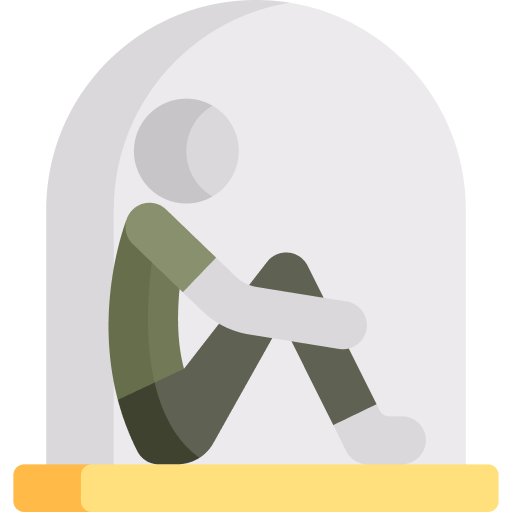
Behavioral Symptoms
Increased secrecy, changes in social circles, neglect of responsibilities, and engaging in risky activities.
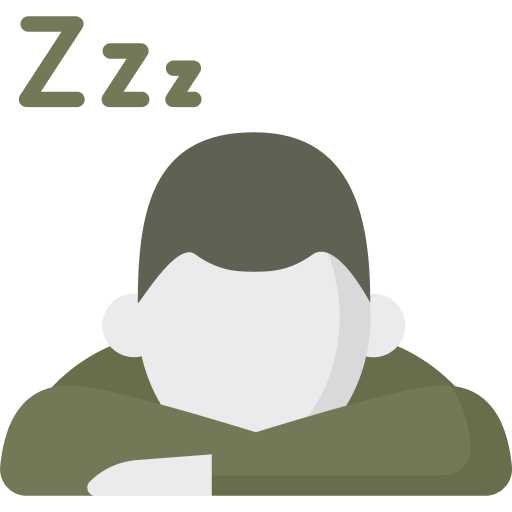
Physical Symptoms
Changes in appetite or sleep patterns, weight loss or gain, deterioration of physical appearance, and unexplained injuries.
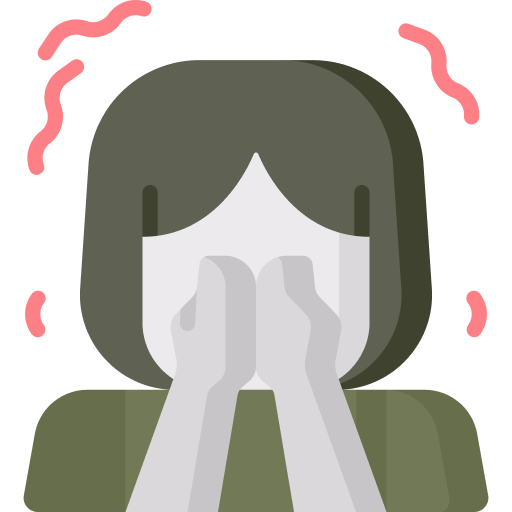
Emotional Symptoms
Mood swings, irritability, anxiety, depression, and periods of unusual hyperactivity or agitation.

Cognitive Symptoms
Impaired judgment, difficulty concentrating, memory problems, and a preoccupation with obtaining and using substances.
Causes of Addiction & Substance Abuse
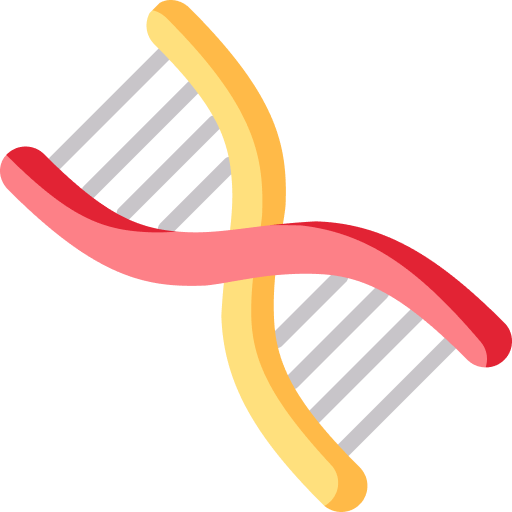
Genetics
A family history of addiction can increase the likelihood of developing a substance use disorder.
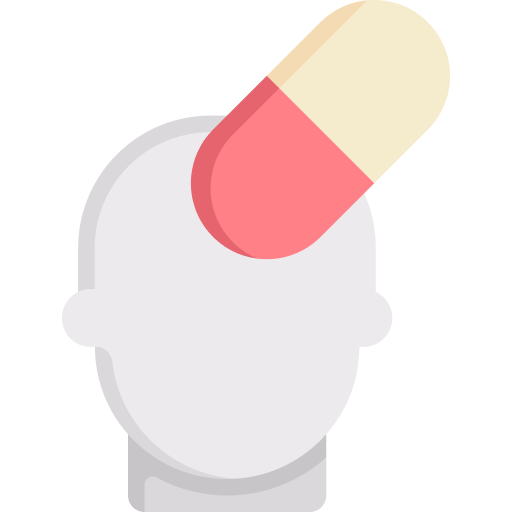
Environment
Exposure to drug use, high levels of stress, and lack of social support can contribute to the development of addiction.
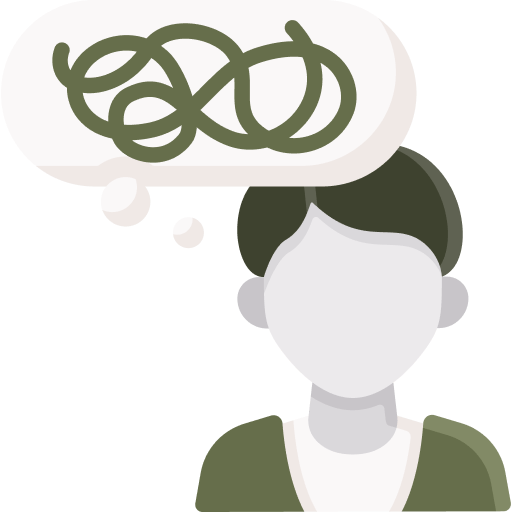
Mental Health Disorders
Conditions such as depression, anxiety, PTSD, and ADHD can increase vulnerability to substance abuse.

Trauma and Stress
Experiences of trauma, abuse, and chronic stress can lead to self-medication with substances.
The Impact of Addiction & Substance Abuse
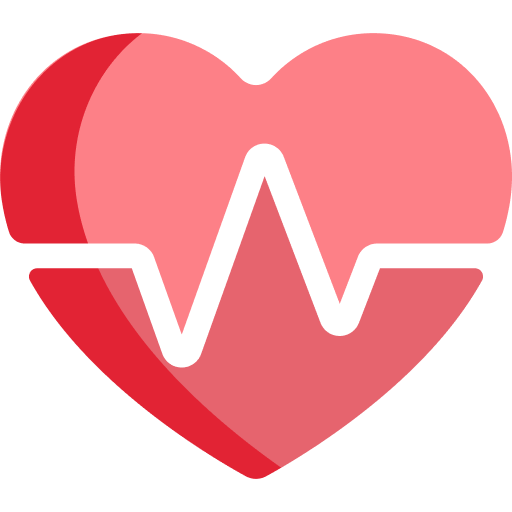
Physical Health
Increased risk of infectious diseases, organ damage, and overdose.
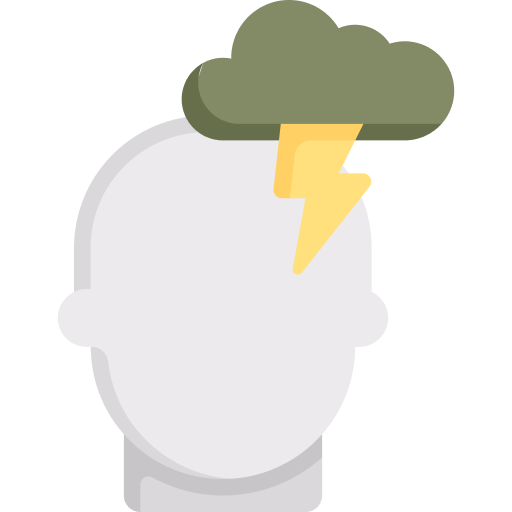
Mental Health
Worsening of existing mental health conditions and development of new psychological issues.

Relationships
Strain and conflict in relationships with family, friends, and colleagues.

Employment
Job loss, decreased productivity, and financial instability.

Legal Issues
Arrests, legal fees, and incarceration related to substance use.
Treatments for Addiction & Substance Abuse
Acceptance and Commitment Therapy (ACT)
ACT helps individuals accept their dissociative experiences while committing to making meaningful changes in their lives. It focuses on:
-
- Mindfulness: Encouraging present-moment awareness to reduce the impact of past trauma on current experiences.
- Values Clarification: Helping clients identify their core values and commit to actions that align with those values.
- Psychological Flexibility: Enhancing the ability to adapt to challenging situations and emotions without being overwhelmed.
Cognitive Processing Therapy (CPT)
CPT is a cognitive-behavioral therapy that helps individuals challenge and change unhelpful thoughts related to stress and life changes. It focuses on:
-
- Identifying Maladaptive Thoughts: Recognizing negative thought patterns that contribute to distress.
- Cognitive Restructuring: Reframing these thoughts to promote healthier thinking.
- Behavioral Activation: Encouraging engagement in meaningful activities to improve mood and reduce isolation.
Eye Movement Desensitization and Reprocessing (EMDR)
EMDR is a highly effective therapy for processing and resolving traumatic memories that contribute to dissociative symptoms. It helps clients:
-
- Reprocess Traumatic Memories: Through guided eye movements, clients can reprocess traumatic memories, reducing their emotional impact.
- Develop Positive Beliefs: Replace negative beliefs about the trauma with more adaptive, positive beliefs.
- Enhance Coping Skills: Learn new coping strategies to manage stress and emotional distress.
Why Choose Clear River Counseling & Wellness?

Experienced Therapists
Our team of therapists has extensive experience in helping individuals improve their communication skills.
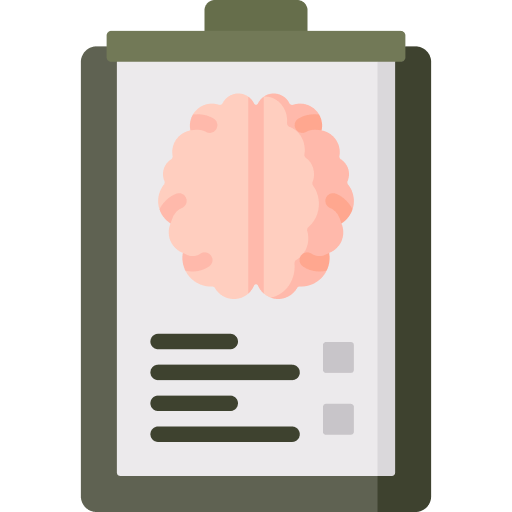
Personalized Approach
Each client receives a customized plan tailored to their specific needs and goals.

Holistic Care
We consider the interconnectedness of mental, emotional, and physical well-being in our treatment plans.
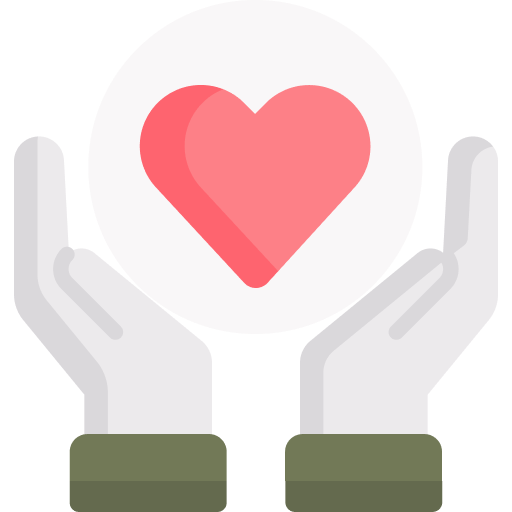
Supportive Environment
We provide a safe, non-judgmental space for clients to practice and enhance their communication skills.
